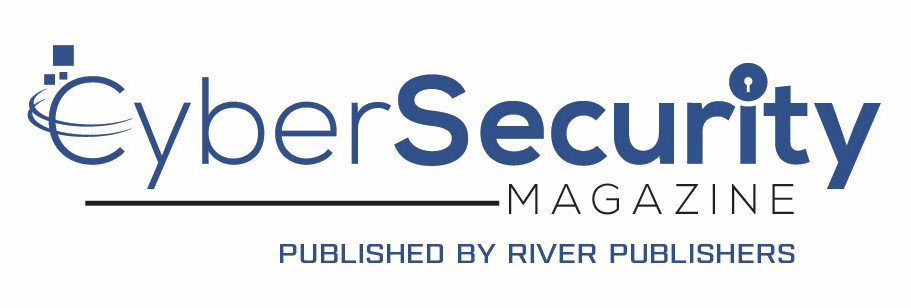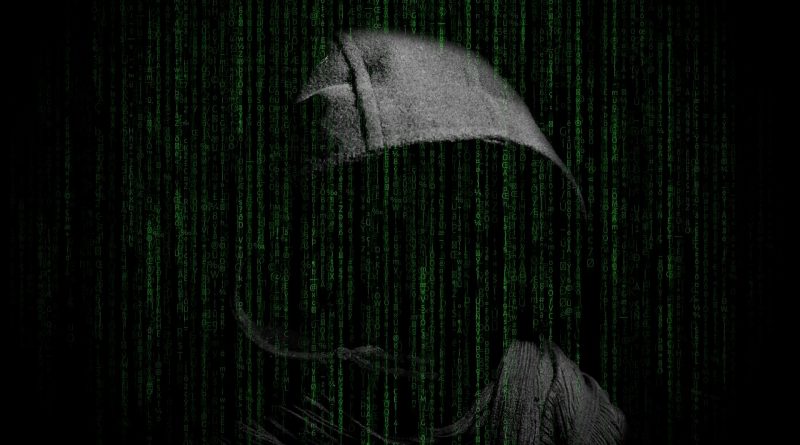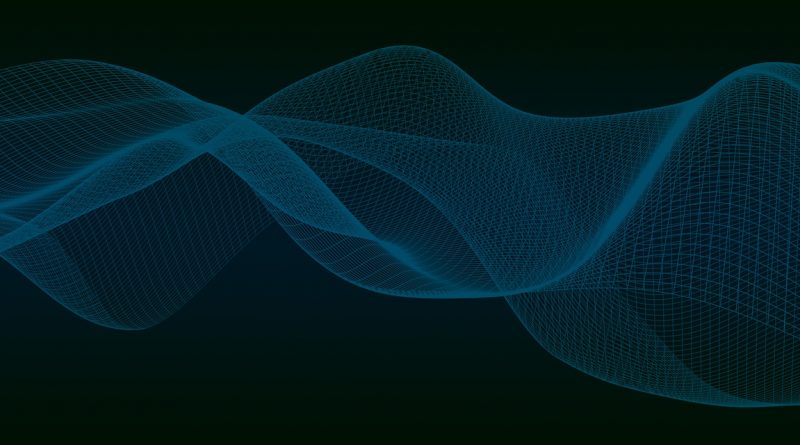Security experts reveal their predictions for 2022
It is hard to believe that another year is about to pass, and while not quite as unpredictable as last year, 2021 held a lot of its own trials and tribulations – especially for the tech sector. Ransomware has hugely increased this year – in fact, the UK has been ranked number 10 on the list of countries worst affected by ransomware in a new report commissioned by Google – and we are in the eye of the storm of the ‘Great Resignation’, which is hitting the cybersecurity industry hard.
Despite this however, the year has also had its wins. This year the UN declared 2021 the International Year of Peace and Trust, Kamala Harris became the first female and black Vice-President of the United States, and more than 7.5 billion Covid vaccinations (so far) had been administered.
o as we celebrate the winds, wind down, and bring the year to a close, what can we expect from 2022? Cybersecurity Magazine spoke with eight technology experts to find out what they predict for the next 12 months. Here is what they had to say










